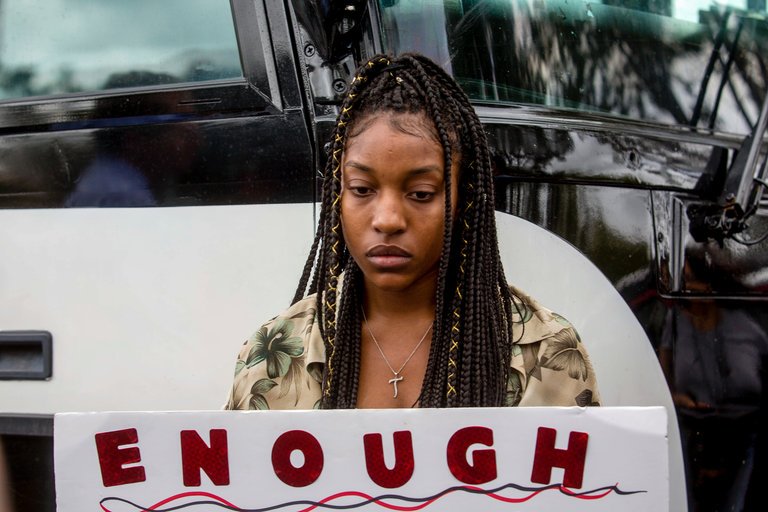By: John Quiggin – nytimes.com – March 6, 2018
The Pew Research Center announced last week that it will define people born between 1981 and 1996 as members of the millennial generation, embracing a slightly narrower range of years than the ones used by the United States Census Bureau. It would have been better, though, if it had announced the end of what I call the “generation game” — the insistence on dividing society into groups based on birth year and imputing different characteristics to each group.
Yes, limited insights can be gleaned from thinking of humans in terms of generations, but this ultimately does more harm than good by obscuring the individual factors that actually shape our attitudes, politics and opportunities.
To see what’s wrong with the idea, take a look at American millennials. In seemingly endless essays in recent years, they’ve been derided as lazy and narcissistic or defended as creative and committed to social change. But these all sound like characteristics that the old have ascribed to the young since the dawn of time. Similar terms were applied to the “slacker” Generation X and before that, the baby boomers.
It’s true that the current cohort (the demographic term for a group of people born around the same time) of young people is different in important ways from earlier cohorts. It’s more ethnically diverse, with a smaller proportion of whites and more of most other racial and ethnic groups. But diversity is a characteristic of a population, not, in most cases, of individuals. A relatively small proportion of millennials personally embody ethnic diversity in the sense of identifying with more than one race or ethnicity.
Much of the apparent distinctiveness of the millennial generation disappears when we look at individuals rather than aggregates. Black millennials, like their parents, overwhelmingly vote Democratic. By contrast, 41 percent of white millennials voted for Donald Trump in 2016. That’s lower than the 58 percent of all white voters who went for Mr. Trump, but it makes more sense to attribute the difference to individual characteristics and experiences rather than a generational attitude.
Compared to the population as a whole, a larger proportion of millennials are college-educated, and a smaller proportion live in rural areas. Like other urban and educated voters, urban and educated millennials tend to vote Democratic. Rural millennials, meanwhile, share many of the attitudes of older rural voters who voted for Mr. Trump.
Activism by high school students in response to the Parkland, Fla., shooting has inspired interest in the generation younger than millennials, known as “Gen Z” or “iGen.” A recent Washington Post essay declared: “Millennials disrupted the system. Gen Z is here to fix the mess.” It argued that members of this cohort “value compromise” as “a byproduct of their diversity and comfort with working with peers from different backgrounds.”
To see the remainder of this article, click read more.
Source: ‘Millennial’ Means Nothing
 Listen Online
Listen Online Watch Online
Watch Online Find a Station in Your Area
Find a Station in Your Area









 Listen Now
Listen Now Watch Online
Watch Online
